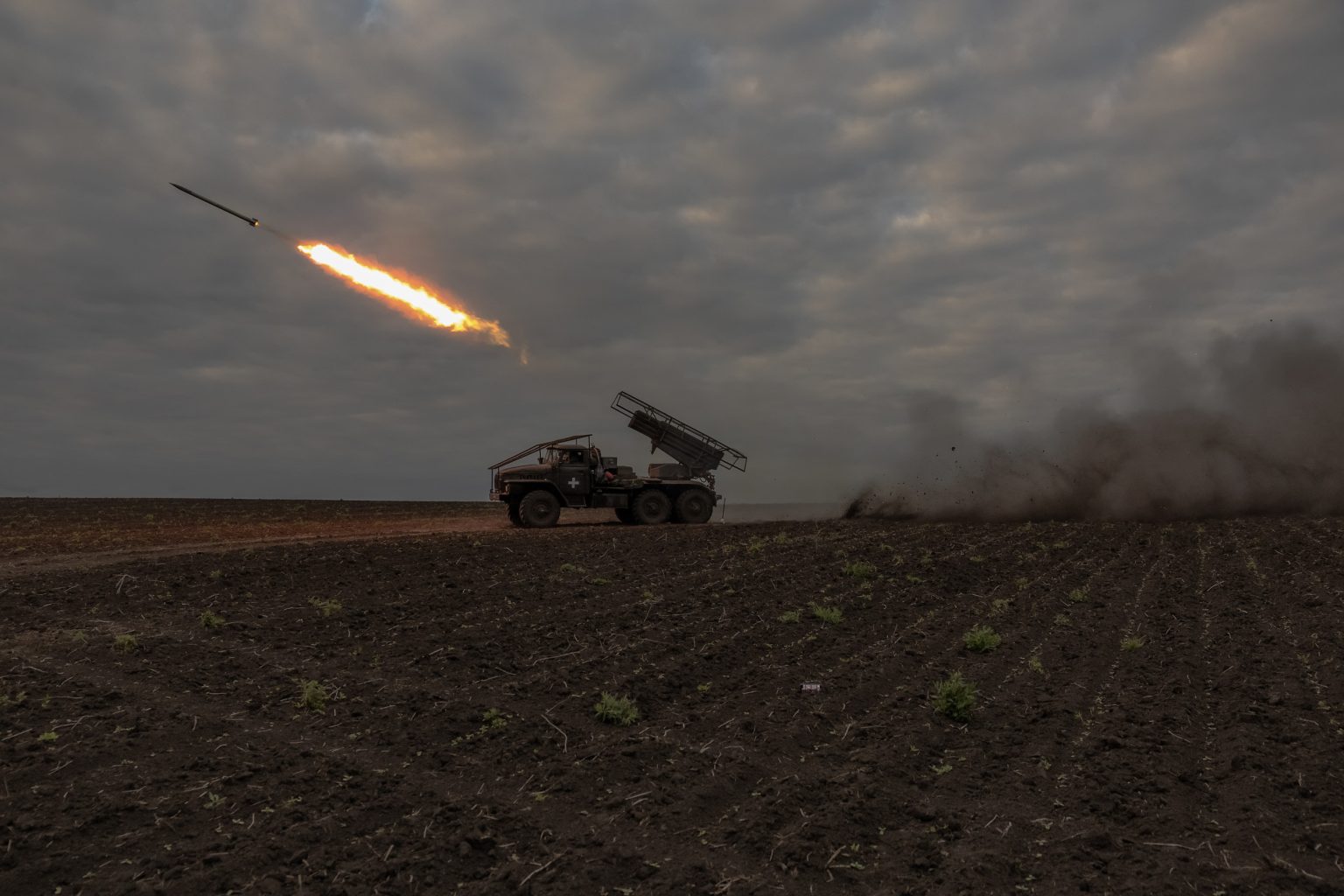As the clock ticks on the arrival of further U.S. military aid for Ukraine, former president Viktor Yushchenko has expressed regret over the delay, emphasizing that the frontline “doesn’t take vacation.” The delay in aid has allowed Russian President Vladimir Putin to seize upon a window of opportunity before the reinforcements arrive, potentially causing Kyiv and its allies to rue a missed chance. The $61 billion U.S. aid package, which finally passed last month, is expected to provide Ukraine with more artillery, air defense interceptors, and other ammunition. However, Russia has taken advantage of the West’s sluggishness and issues with Ukraine’s mobilization and fortifications, gaining significant territorial control.
The delays in U.S. aid have disrupted crucial aspects of military planning for Ukraine, forcing its forces to ration critical resources and uncertain whether replacements will arrive promptly. The EU has similarly fallen short in providing promised artillery shells and there have been delays in delivering F-16 fighter jets, further hindering Ukraine’s military effectiveness. The delay in aid distribution means that by the time these resources reach the battlefield, their impact may be significantly diminished compared to when they were initially needed, allowing Russia to maintain its advantage.
Russia’s battlefield momentum in Ukraine has been significant, with its recent offensive in the northeastern Kharkiv region aimed at stretching Kyiv’s resistance and creating a buffer zone near the border. The lack of fortifications and opposition from Ukrainian troops has allowed Russia to make substantial gains. Ukraine’s struggles to fortify its defense lines have been exacerbated by Russian attacks on construction and engineering crews, hindering efforts to protect key areas. President Zelensky’s dismissal and subsequent reinstatement of a commander has further disrupted the fortification process.
Since the relative failure of Ukraine’s counteroffensive in 2023, Kyiv has faced challenges in replenishing dwindling troop numbers and deciding where to allocate resources. The passing of a new draft law aimed at boosting troop levels by lowering the minimum conscription age and replacing conscription with military training for young men is a step towards addressing these issues. However, mobilization has been a sensitive topic in Ukraine, with concerns about bribery and avoidance of frontline service. Effective mobilization is seen as crucial for building strategic resilience and military strength to deter future Russian aggression.
Ukraine has reportedly requested the U.S. to lift restrictions on using missile systems to strike targets in Russia, in light of the intensifying conflict in Kharkiv. The current restrictions leave Ukrainian defenders unable to effectively retaliate against Russian assaults, leaving them vulnerable. The need for more direct and effective defensive measures against Russian forces underscores the urgency of addressing aid delays and fortification issues. President Zelensky’s efforts to strike a balance between societal interests and military needs, along with ongoing reforms, are seen as essential for bolstering Ukraine’s defense capabilities. Ultimately, overcoming these challenges will be crucial for Ukraine to strengthen its position against Russian aggression and protect its sovereignty.


